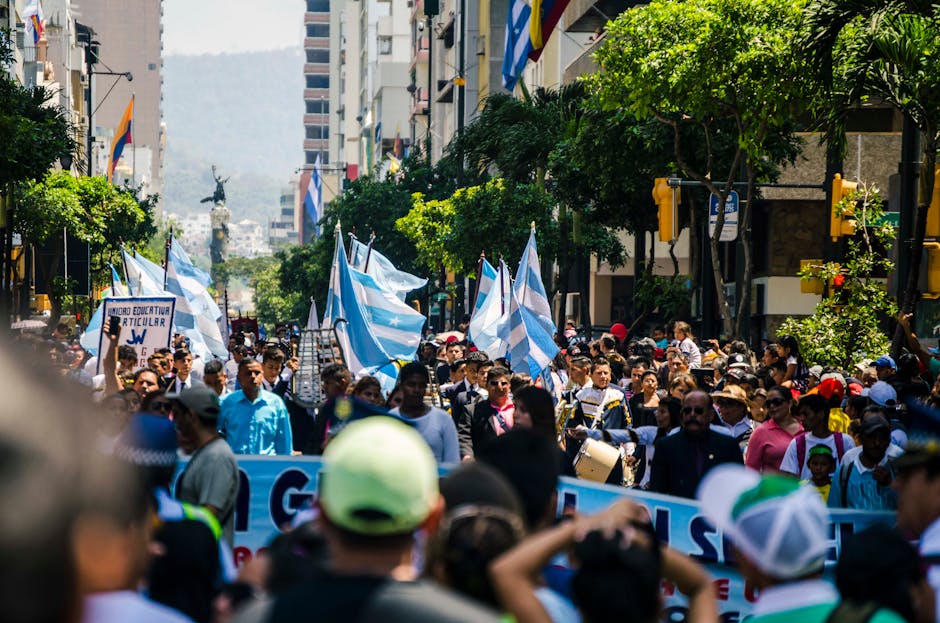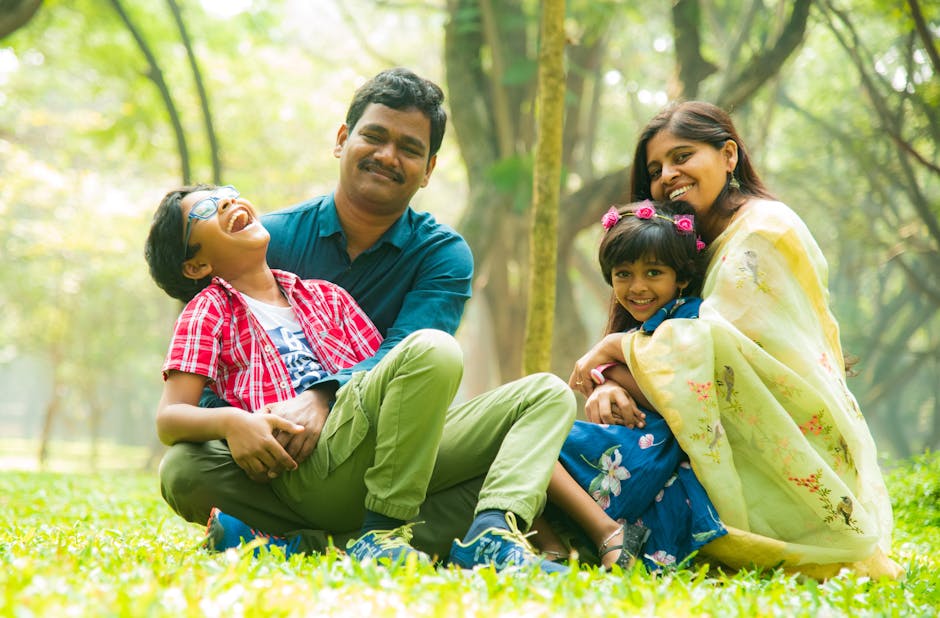The guns may have fallen silent across much of Syria, but a different, more haunting sound now echoes through its ravaged landscapes: the sound of shovels striking earth. After fourteen brutal years of civil war, a conflict that tore the very fabric of the nation apart, Syria is entering a new, grim chapter. The battle is no longer for territory, but for truth. It is a desperate search for the ghosts of the disappeared, a search that is increasingly leading to the horrific discovery of mass graves.
The Haunting Scale of the Disappeared
For over a decade, the world has counted the dead in Syria in the hundreds of thousands. But there is another, more insidious number that has haunted families from Damascus to Aleppo: the number of the missing. According to the Syrian Network for Human Rights (SNHR), at least 100,000 people have been forcibly disappeared, the vast majority by the Assad regime’s notorious security apparatus. These are not soldiers lost in the fog of war. These are doctors, students, activists, and ordinary citizens, snatched from their homes or at checkpoints, their fates unknown, their existence erased.
Unearthing a Legacy of Slaughter
Now, as a fragile, authoritarian peace settles over the land, families and human rights organisations are painstakingly trying to fill in the blanks. Armed with old photographs, scraps of information, and a sliver of hope, they are leading the charge to find their loved ones. This search is unearthing a legacy of systematic slaughter.
Reports from newly accessible areas, particularly those formerly held by ISIS or other rebel factions, paint a harrowing picture. In places like Raqqa and the outskirts of Damascus, makeshift forensics teams, often composed of volunteers, are unearthing dozens, sometimes hundreds, of bodies from shallow graves. The scenes are a testament to unimaginable cruelty. Personal belongings—a shoe, a pair of glasses, a tattered ID card—become the only clues to a person’s final moments.
The Monumental Challenge of Identification
The process of identification is a monumental challenge. Years of conflict have decimated the country’s infrastructure. DNA testing is a luxury few can access, and international bodies like the International Commission on Missing Persons (ICMP) face immense political and logistical hurdles in trying to assist. For every family that finds a heartbreaking sense of closure, thousands more remain in a torturous limbo, suspended between hope and grief.
Accountability and the Search for Justice
While ISIS was infamous for its barbaric and public executions, human rights groups are clear that the scale of the Assad regime’s systematic disappearances and extrajudicial killings in its vast prison network is unparalleled. Sites near known detention centres are now primary locations in this search for the dead, pointing to a state-sponsored campaign of extermination.
For many around the world, the Syrian tragedy is a reminder that the true cost of war is not measured in bombs dropped or cities destroyed, but in the generations of trauma left behind. The right to know what happened to a loved one, the right to a proper burial, is a fundamental human dignity.
There can be no genuine peace, no real rebuilding, without accountability. These mass graves are not just burial sites; they are crime scenes. Each bone uncovered is a piece of evidence, a silent witness demanding justice. The international community has a moral obligation to pressure the Syrian government for answers and support the vital work of identifying the victims.
The war may be over for the headlines, but for countless Syrian families, the struggle has just begun. Their search is a sacred act of remembrance, a refusal to let their loved ones be forgotten footnotes in a bloody history. The true end of this war will only come when the last missing person is found and the last perpetrator is held to account.




